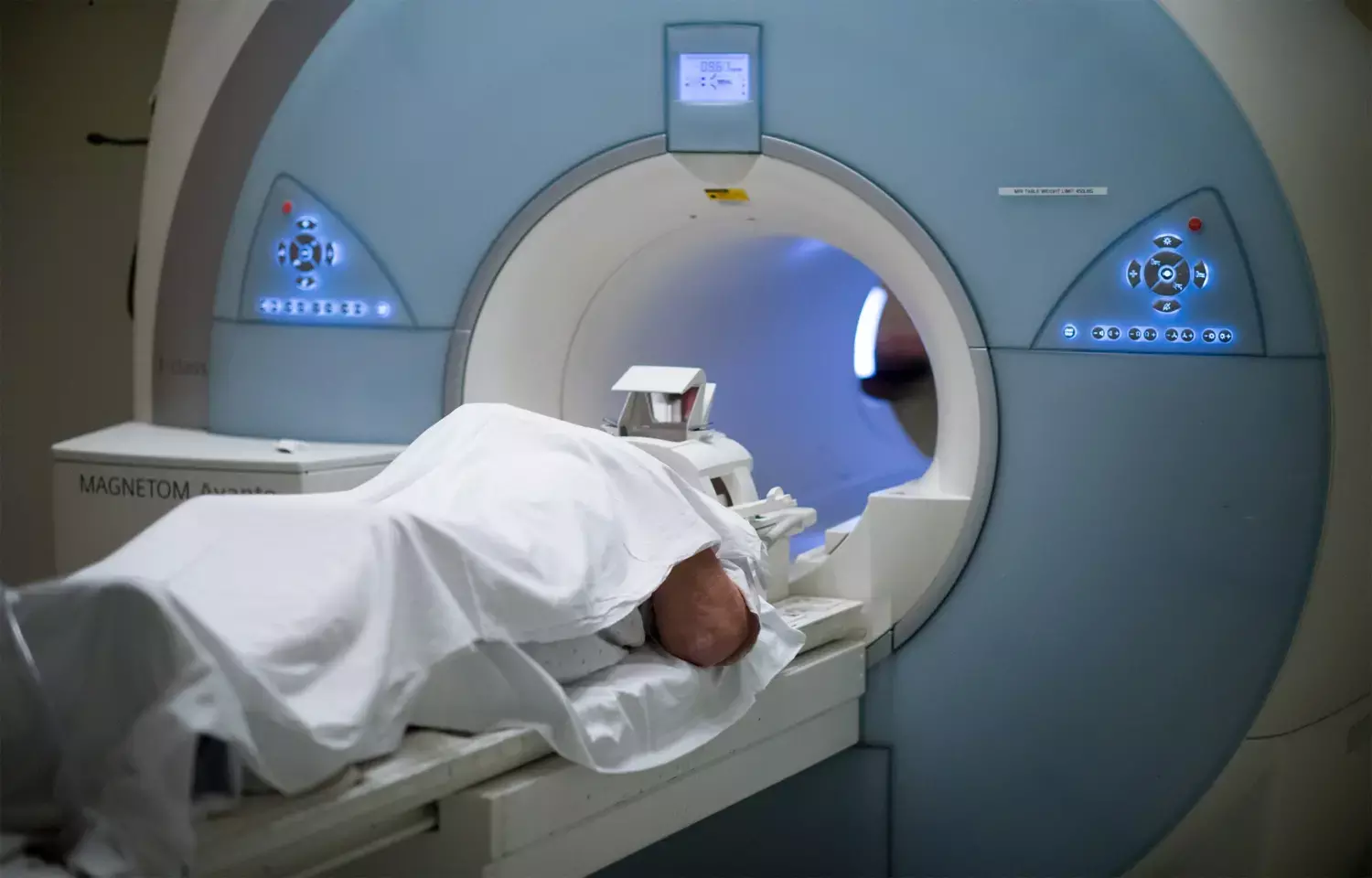- Home
- Medical news & Guidelines
- Anesthesiology
- Cardiology and CTVS
- Critical Care
- Dentistry
- Dermatology
- Diabetes and Endocrinology
- ENT
- Gastroenterology
- Medicine
- Nephrology
- Neurology
- Obstretics-Gynaecology
- Oncology
- Ophthalmology
- Orthopaedics
- Pediatrics-Neonatology
- Psychiatry
- Pulmonology
- Radiology
- Surgery
- Urology
- Laboratory Medicine
- Diet
- Nursing
- Paramedical
- Physiotherapy
- Health news
- Fact Check
- Bone Health Fact Check
- Brain Health Fact Check
- Cancer Related Fact Check
- Child Care Fact Check
- Dental and oral health fact check
- Diabetes and metabolic health fact check
- Diet and Nutrition Fact Check
- Eye and ENT Care Fact Check
- Fitness fact check
- Gut health fact check
- Heart health fact check
- Kidney health fact check
- Medical education fact check
- Men's health fact check
- Respiratory fact check
- Skin and hair care fact check
- Vaccine and Immunization fact check
- Women's health fact check
- AYUSH
- State News
- Andaman and Nicobar Islands
- Andhra Pradesh
- Arunachal Pradesh
- Assam
- Bihar
- Chandigarh
- Chattisgarh
- Dadra and Nagar Haveli
- Daman and Diu
- Delhi
- Goa
- Gujarat
- Haryana
- Himachal Pradesh
- Jammu & Kashmir
- Jharkhand
- Karnataka
- Kerala
- Ladakh
- Lakshadweep
- Madhya Pradesh
- Maharashtra
- Manipur
- Meghalaya
- Mizoram
- Nagaland
- Odisha
- Puducherry
- Punjab
- Rajasthan
- Sikkim
- Tamil Nadu
- Telangana
- Tripura
- Uttar Pradesh
- Uttrakhand
- West Bengal
- Medical Education
- Industry
Coronary microvascular disease prognosis using stress perfusion CMR: JACC

Hong Kong: Stress perfusion CMR imaging-derived MPRI can independently predict MACE in patients with ischemic symptoms but without significant CAD, finds a recent study in the journal JACC: Cardiovascular Imaging.
Coronary microvascular disease (CMD) patients have a poor prognosis with several cardiac disease. The establishment of myocardial perfusion reserve index (MPRI) derived from noninvasive stress perfusion CMR (cardiac magnetic resonance) has been done for the diagnosis of microvascular angina with a threshold MPRI <1.4. CMD prognosis as determined by MPRI is not known.
Wenli Zhou, Department of Diagnostic Radiology, The University of Hong Kong, Hong Kong, and colleagues therefore, investigated the prognosis of CMD as determined by stress perfusion CMR in patients with ischemic symptoms but without significant coronary artery disease (CAD).
The researchers retrospectively included 218 patients without epicardial CAD or myocardial disease from 3 imaging centers in Hong Kong (HK) from January 2009 to December 2017. Using either adenosine or adenosine triphosphate, stress perfusion CMR examinations were performed. Adequate stress was assessed by achieving splenic switch-off sign. MPRI measurement was performed in all stress perfusion CMR scans.
Patients were followed for major adverse cardiovascular events (MACE) defined as all-cause death, acute coronary syndrome (ACS), epicardial CAD development, heart failure hospitalization and non-fatal stroke.
Key findings of the study include:
- Females and a history of hyperlipidemia were predictors of lower MPRI.
- Major adverse cardiovascular events (MACE) occurred in 15.6% of patients during a median follow-up of 5.5 years.
- The optimal cutoff value of MPRI in predicting MACE was found with a threshold MPRI ≤1.47.
- Patients with MPRI ≤1.47 had three-fold increased risk of MACE compared with those with MPRI >1.47 (hazard ratio [HR]: 3.14).
- Multivariate Cox regression after adjusting for age and hypertension demonstrated that MPRI was an independent predictor of MACE (HR: 0.10).
"These findings indicate that stress perfusion CMR-derived MPRI is an independent imaging marker that predicts MACE in patients with ischemic symptom and no overt CAD over the medium term," concluded the authors.
The study, "Long-Term Prognosis of Patients With Coronary Microvascular Disease Using Stress Perfusion Cardiac Magnetic Resonance," is published in the journal JACC: Cardiovascular Imaging.
DOI: https://www.jacc.org/doi/10.1016/j.jcmg.2020.09.034
Dr Kamal Kant Kohli-MBBS, DTCD- a chest specialist with more than 30 years of practice and a flair for writing clinical articles, Dr Kamal Kant Kohli joined Medical Dialogues as a Chief Editor of Medical News. Besides writing articles, as an editor, he proofreads and verifies all the medical content published on Medical Dialogues including those coming from journals, studies,medical conferences,guidelines etc. Email: drkohli@medicaldialogues.in. Contact no. 011-43720751


